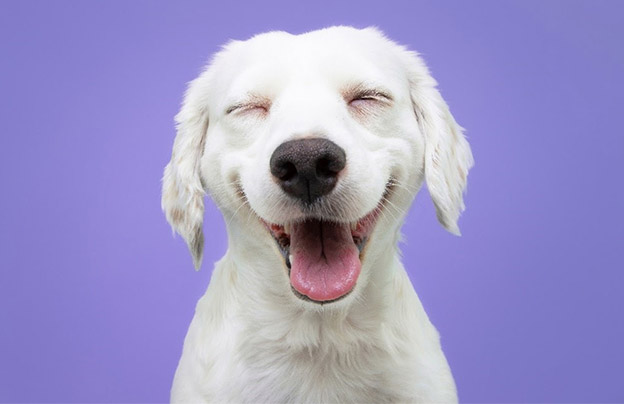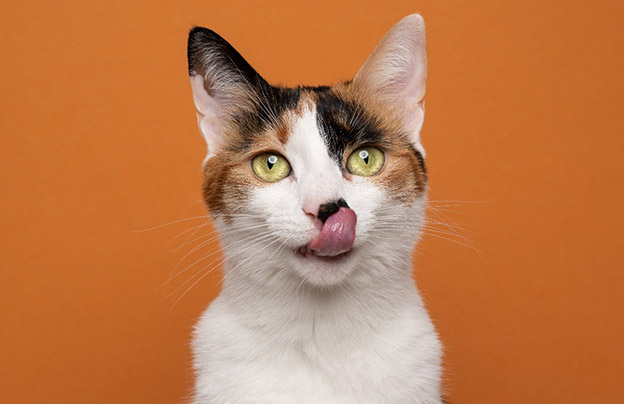Dental health is one of the most overlooked aspects of preventative care for pets, but it plays a crucial role in their overall well-being. February, National Pet Dental Health Month, is the perfect time to shine a light on this important topic!
Does My Pet Have Dental Disease?
Dental disease is common among pets, with over 50% of dogs and cats showing signs of at least one painful tooth! Many pets hide their discomfort, making it hard to detect dental problems early. Some signs to watch out for include:
- Bad breath
- Loss of energy or acting older than usual
- Reluctance to play or chew on toys
It’s important to note that just because your pet is still eating doesn’t mean their teeth are healthy! In fact, animals in the wild often hide pain to avoid becoming vulnerable to predators. If your pet’s behavior seems off, don’t ignore it—it might be dental disease.

How Does Dental Disease Affect My Pet’s Health?
When periodontal disease progresses, bacteria invade deeper into the gums and tissues surrounding the tooth. This can cause tooth loss, pain, and infections that can spread through the bloodstream, affecting vital organs such as the liver, kidneys, lungs, and heart. Early intervention can help protect your pet’s overall health and comfort.
What Is Involved in a Dental Cleaning?
Although daily at-home care is essential, professional dental cleanings—much like for humans—are an important step in maintaining your pet’s oral health. These cleanings involve a thorough, 12-step process that includes:
- Cleaning under the gum line (the most critical area for dental health)
- Measuring periodontal pockets on all sides of each tooth
- Taking dental X-rays to assess the roots and surrounding bone health
The team at Cascade Summit Animal Hospital is fully trained to perform a complete dental assessment and care, ensuring the best outcome for your pet.
Low-Impact Anesthesia: Safe and Effective
One concern pet owners often have is the safety of anesthesia during dental cleanings. While non-anesthetized dental cleanings are available, they don’t provide the same level of care and can be risky for your pet. At Cascade Summit Animal Hospital, we prioritize your pet’s safety with the following:
- Pre-anesthetic blood work and exam within 60 days of a procedure, to ensure your pet is healthy
- IV catheters and fluids to maintain hydration and support
- Comprehensive anesthetic monitoring including blood pressure, pulse oximetry, ECG, and respiratory monitoring
- Warm recovery protocols such as heated cages and blankets to keep your pet comfortable
- Human-grade drugs (Propofol and Isoflurane) for a quick recovery
- Proactive pain control to ensure comfort during recovery
We understand that anesthesia can be a concern, but our protocols are designed to maximize your pet’s safety and comfort.

At-Home Dental Care
You can also help maintain your pet’s oral health at home! Regular brushing with pet-safe toothpaste, using approved dental chews, and providing toys that promote healthy teeth and gums are all simple steps you can take. The Veterinary Oral Health Council (VOHC) provides a list of approved products for pets: VOHC Accepted Products.
Watch This AVMA Video for Tips on Dental Home Care
For more insights on keeping your pet’s teeth healthy, watch this helpful video from the American Veterinary Medical Association on dental home care: Watch the AVMA Video.
Regular dental care is vital to your pet’s long-term health, and National Pet Dental Health Month is the perfect time to schedule a dental check-up. Call us today to book your pet’s dental cleaning!
Let’s keep those tails wagging and purrs going with a healthy smile!

